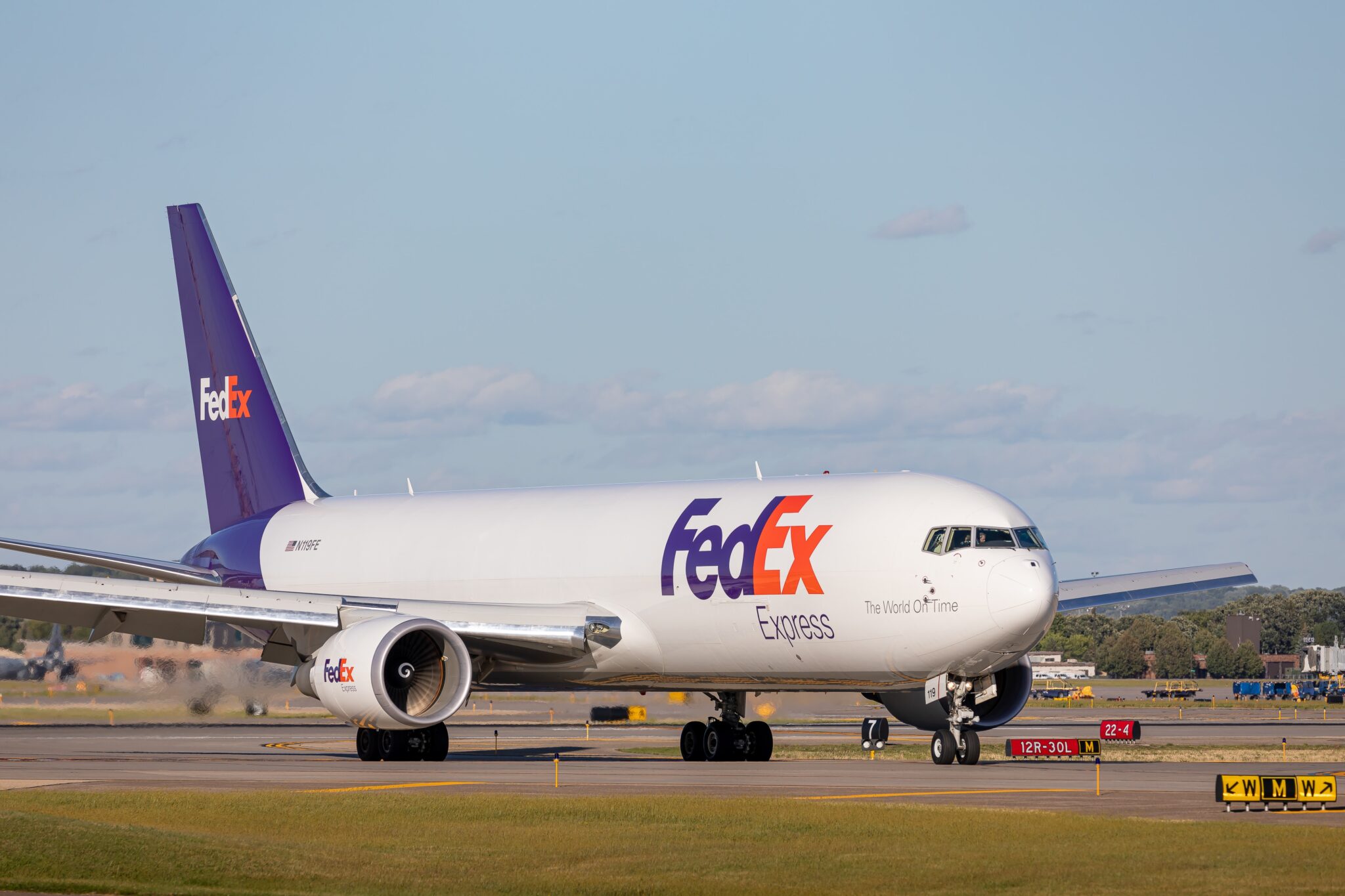Linh is a student at Harvard Law School.
The wait for Glacier Northwest v. Teamsters is over. In a 5-3-1 opinion, the Supreme Court ruled that a concrete supplier may sue its employees in state court for “foreseeable and imminent” damage to property as a result of a strike. The strikers, Justice Barrett wrote, did not “take reasonable precautions to mitigate” the damage to the employer’s property and conducted the strike in a way “designed” to destroy the concrete. Such activity, according to the Court, is not arguably protected under the NLRA, thus the employer’s tort suit in state court should have been allowed to go forward. In her dissent, Justice Jackson criticized the Court for engaging in “difficult line-drawing questions” that Congress clearly intended for the NLRB to resolve. The majority, Justice Jackson wrote, did not give enough credence to the complaint issued by the Board’s General Counsel against Glacier Northwest.
Unite Here Local 11 is asking 15,000 of its members working in hotels across Los Angeles and Orange counties to authorize a strike during the height of tourist season to jump-start contract negotiations. Existing contracts are expiring at the end of June at sixty-two hotels in Southern California. A strike authorization vote would, the Union hopes, move negotiations along and force hotel operators to take workers’ need for pay increases seriously. Negotiations would also address concerns of understaffing and implementation of further protections for California hotel workers in light of the upcoming World Cup and Olympics.
Several worker organizations, including the Farmworkers Association of Florida, are urging local businesses to join an immigrant labor strike on June 1 to protest Florida’s new Republican-backed immigration law, Senate Bill 1718, which takes away many protections currently afforded to undocumented immigrants. These protections include access to social and medical services at Medicaid-accepting facilities as well as the ability to get driver’s licenses. Senate Bill 1718 also levies heavy penalties on businesses who violate new employment mandates involving employment of undocumented immigrants. The new law is scheduled to take effect on July 1, 2023.
After two years of contract negotiations, FedEx has reached a tentative agreement with its air delivery pilots, who had voted in favor of a strike earlier this month seeking higher pay. At the vote, 99% of 6,000 FedEx Express pilots, represented by the Air Line Pilots Association (ALPA), voted in favor of a strike should FedEx continue to refuse to compromise in pay negotiations, which had been going on since May 2021. Exact terms have yet to be announced by FedEx or the ALPA.






Daily News & Commentary
Start your day with our roundup of the latest labor developments. See all
February 5
Minnesota schools and teachers sue to limit ICE presence near schools; labor leaders call on Newsom to protect workers from AI; UAW and Volkswagen reach a tentative agreement.
February 4
Lawsuit challenges Trump Gold Card; insurance coverage of fertility services; moratorium on layoffs for federal workers extended
February 3
In today’s news and commentary, Bloomberg reports on a drop in unionization, Starbucks challenges an NLRB ruling, and a federal judge blocks DHS termination of protections for Haitian migrants. Volatile economic conditions and a shifting political climate drove new union membership sharply lower in 2025, according to a Bloomberg Law report analyzing trends in labor […]
February 2
Amazon announces layoffs; Trump picks BLS commissioner; DOL authorizes supplemental H-2B visas.
February 1
The moratorium blocking the Trump Administration from implementing Reductions in Force (RIFs) against federal workers expires, and workers throughout the country protest to defund ICE.
January 30
Multiple unions endorse a national general strike, and tech companies spend millions on ad campaigns for data centers.